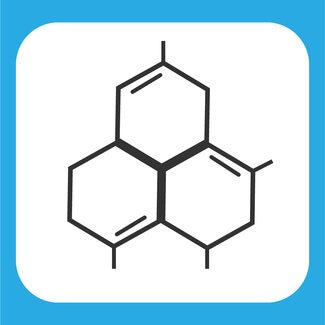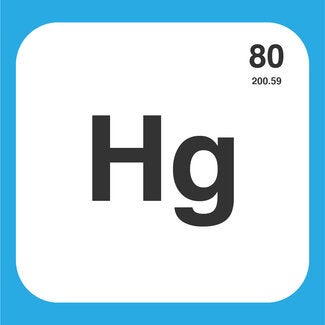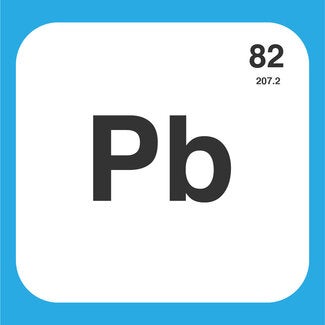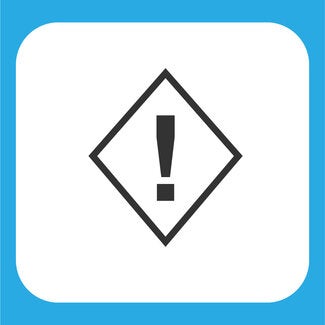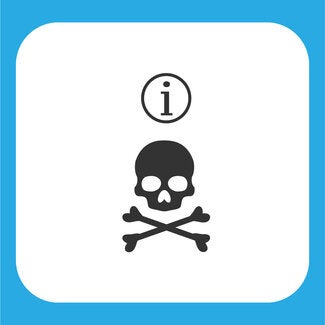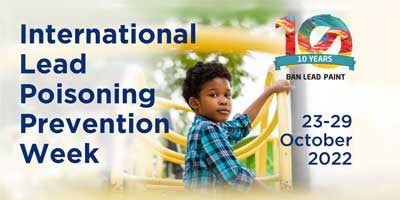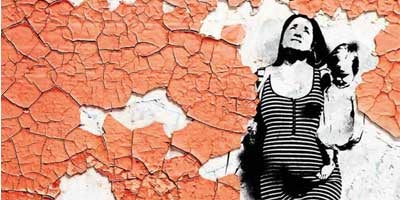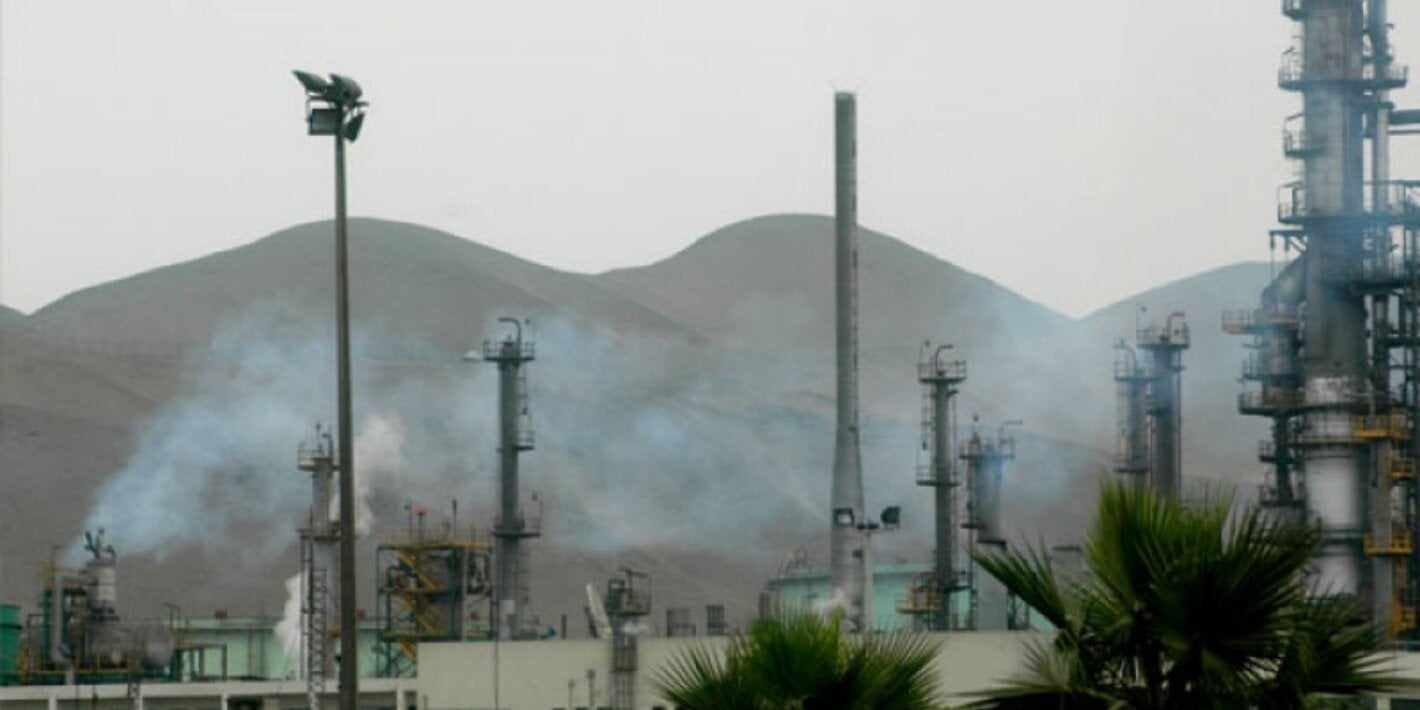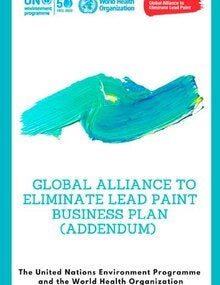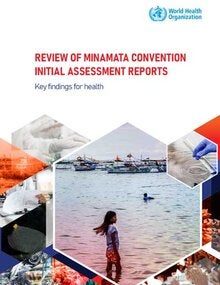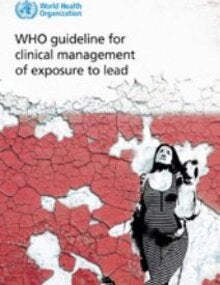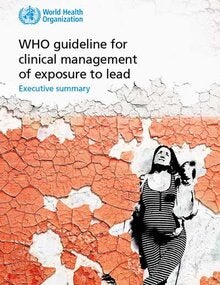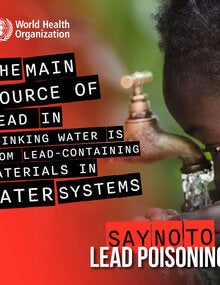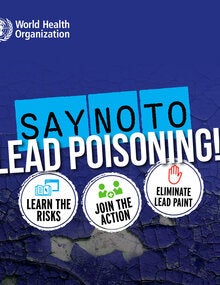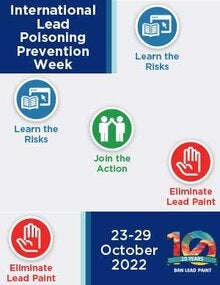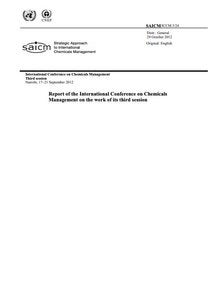Chemicals are part of our daily life. Paracelsus (1493 - 1541), who is considered the father of toxicology, has coined the statement that is the dose that differentiates a poison from a remedy. We currently know that other factors, such as life stage, age, nutrition, disease and exposure to other chemicals, among other factors should also be considered in the evaluation of chemical exposures and adverse health effects.
With methodological developments, the paradigm shift in toxicology involves the transition from a science 'in vivo", evaluating factors related for example, to the lethal dose for animals in laboratory, for a science ' in vitro ' working at the molecular level of key events and processes related to cell responses and the adverse effects on human health and the environment. The integration of “in vivo” and “in vitro” has resulted in the production of extensive knowledge of many of the chemical elements and compounds (Meek et al. 2014).
Chemical Safety is achieved by undertaking all activities involving chemicals in such a way as to ensure the safety of human health and the environment. It covers all chemicals, natural and manufactured, and the full range of exposure situations from the natural presence of chemicals in the environment to their extraction or synthesis, industrial production, transport use and disposal.
Chemical safety has many scientific and technical components. Among these are toxicology, ecotoxicology and the process of chemical risk assessment which requires a detailed knowledge of exposure and of biological effects.
The 2021 data addendum estimates that 2 million lives and 53 million disability-adjusted life-years were lost in 2019 due to exposures to selected chemicals. Nearly half of deaths attributable to chemical exposures in 2019 were due to lead exposure and resulting cardiovascular diseases. The other largest contributors were chronic obstructive pulmonary disease from occupational exposure to particulates and cancers from occupational exposure to carcinogens.


